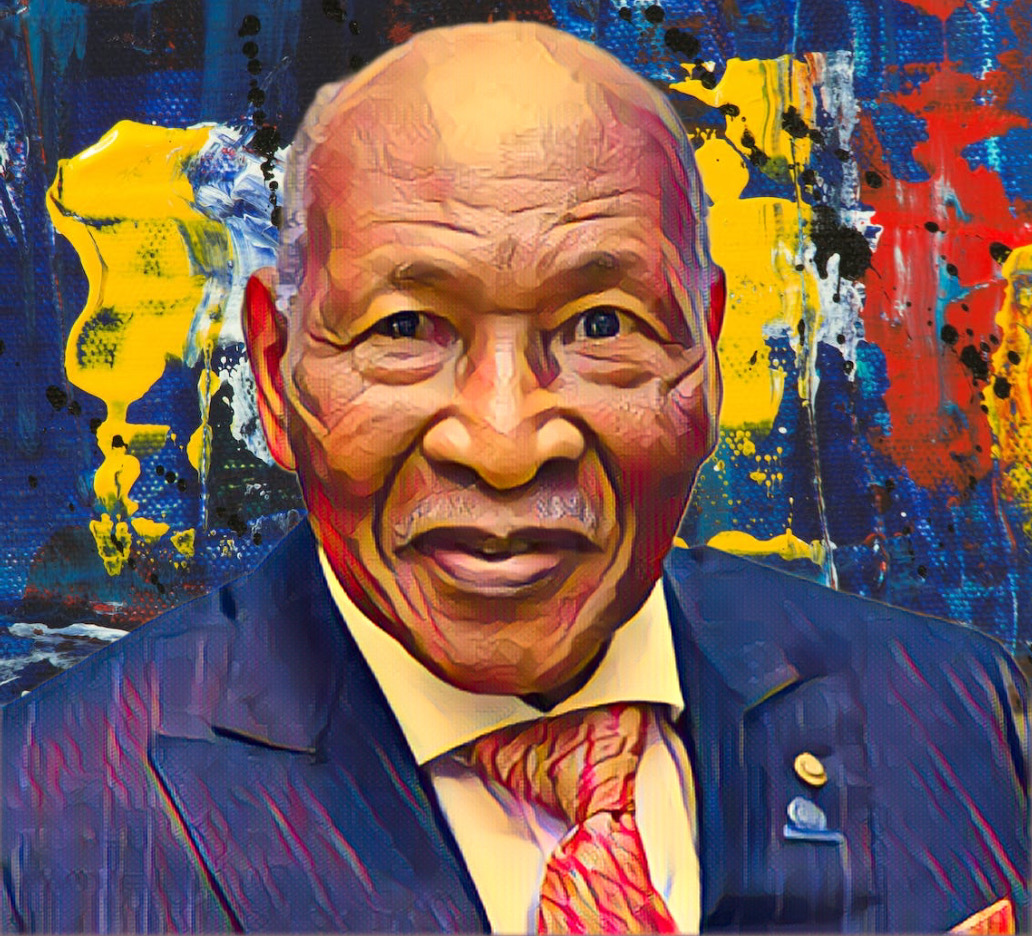Ghana’s main problem is Article 78 (1) of the 1992 Constitution, says Sam Okudzeto, a member of the Council of State. This article mandates the appointment of Members of Parliament (MPs) as ministers of state, a practice Okudzeto believes makes it nearly impossible for the legislative arm of government to act as a check on the executive, as required by the Constitution.
Okudzeto argues that being a parliamentarian is a full-time job and should not be combined with any other responsibilities. “How do you check something when you have one foot here and another foot there? Which one is checking which? This is the problem that we have as a country,” he stated.
Reflecting on his own experience, Okudzeto noted, “Being an MP in my time from 1969 was a part-time job, but now Parliament is a full-time job.” He emphasized that MPs are expected to represent the people, participate in debates, and vote on every issue that comes before the House. Combining these duties with ministerial responsibilities creates confusion and inefficiency, he added.
Until Article 78 (1) of the 1992 Constitution is amended, Okudzeto believes Ghana will struggle to progress. He pointed out that because of the fundamental issues with the constitution, Ghana, which is supposed to be a leader on the African continent, is falling behind many countries.
“We can talk and talk, and we will not get anywhere. So, let us understand the fundamental principles since we want a constitution to govern the country. We are supposed to have set the standard for the rest of the continent. But I am afraid much of the continent is way ahead of us,” Okudzeto lamented. He urged the nation to evaluate the situation and implement reasonable changes to avoid wasting time and potential.
Okudzeto’s call for a constitutional amendment is not just about addressing the inefficiency caused by MPs serving as ministers. It’s about ensuring that Ghana’s governance system operates with the necessary checks and balances. This change, he argues, is crucial for Ghana to fulfill its potential and take its place as a leader on the African continent.
In addition to his critique of the constitution, Okudzeto highlighted the need for MPs to focus solely on their legislative duties. “You are supposed to make contributions to debates and vote on every issue that comes before the House,” he said. This focus is essential for effective governance and ensuring that the voices of the people are adequately represented.
Okudzeto’s comments come at a time when Ghana is grappling with various challenges, from economic issues to governance problems. His call for constitutional reform aims to address these challenges at a fundamental level, creating a more efficient and accountable government.
The Council of State member also pointed out that the current constitutional arrangement hampers the development process. “We need a constitution that will help us move forward,” he said. By amending Article 78 (1), Ghana can create a governance system that truly serves the interests of its people.
Okudzeto’s remarks have sparked a debate on the need for constitutional reform in Ghana. Many agree with his assessment and believe that separating legislative and executive roles will lead to better governance. As Ghana continues to develop, these discussions are crucial for ensuring that its political system evolves to meet the needs of its people.
Okudzeto’s call for a constitutional amendment is a significant step towards addressing the inefficiencies in Ghana’s governance system. By focusing on the fundamental principles of good governance, Ghana can ensure that it is on the right path to achieving its development goals and fulfilling its potential as a leader on the African continent.
Source: Ghana Web




